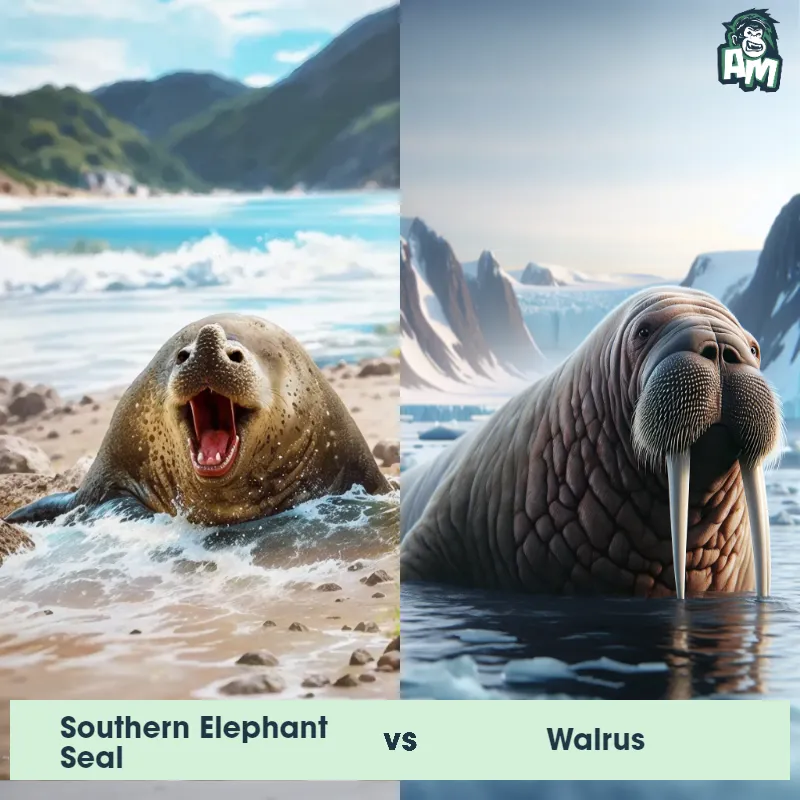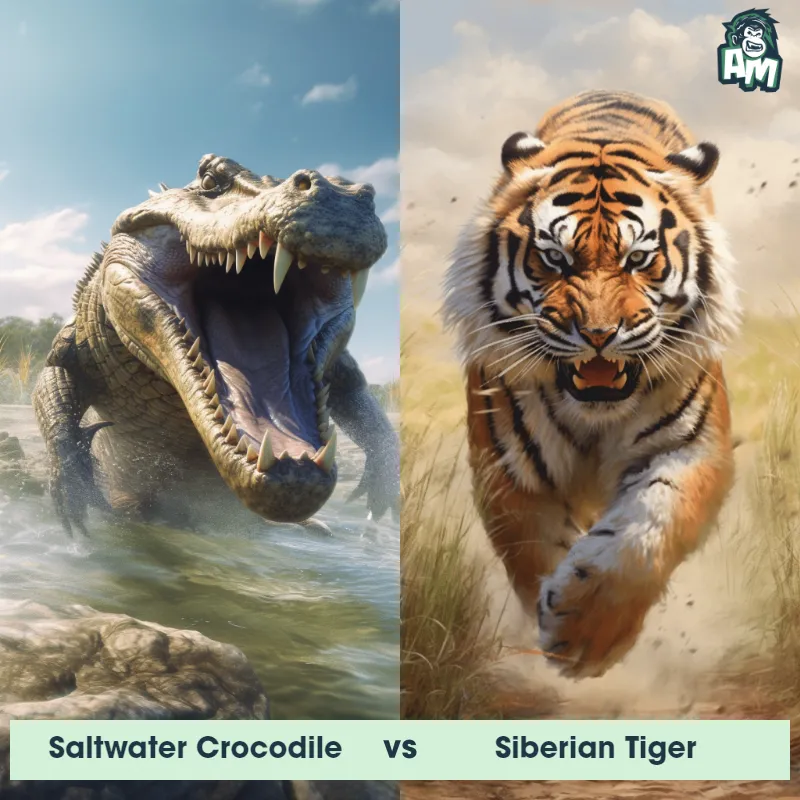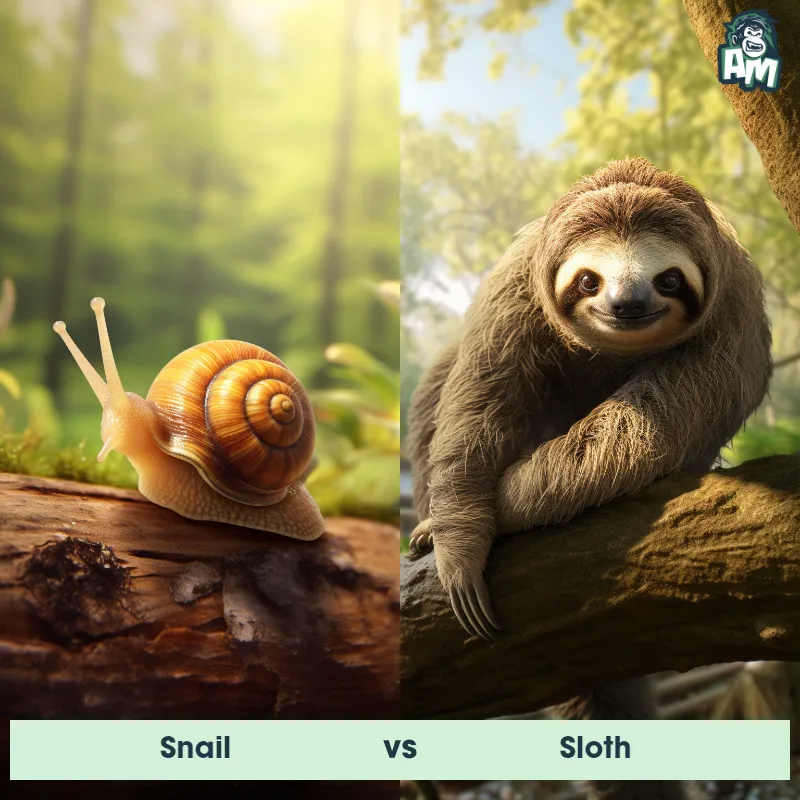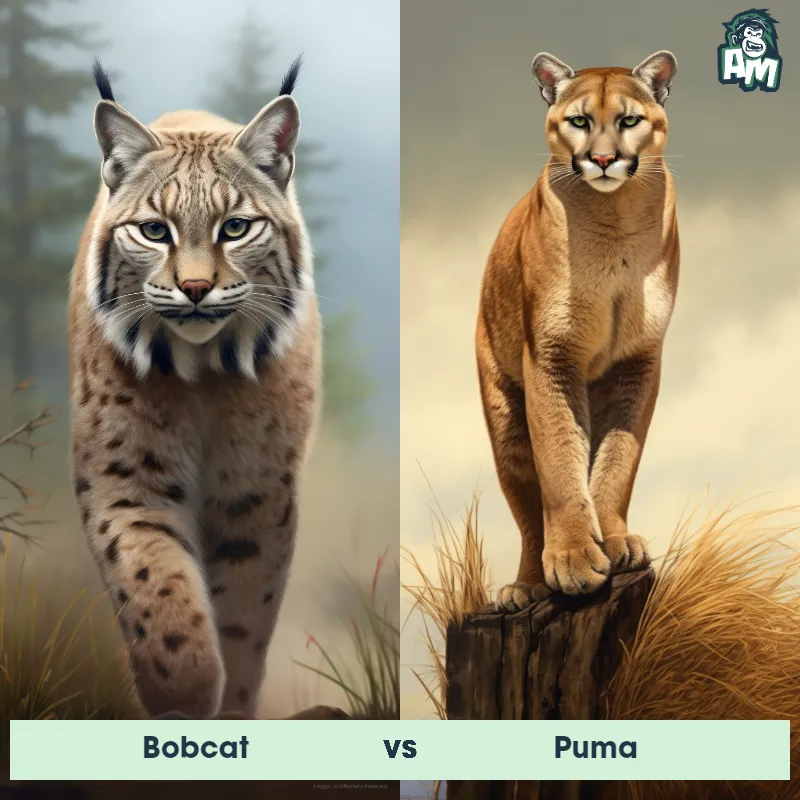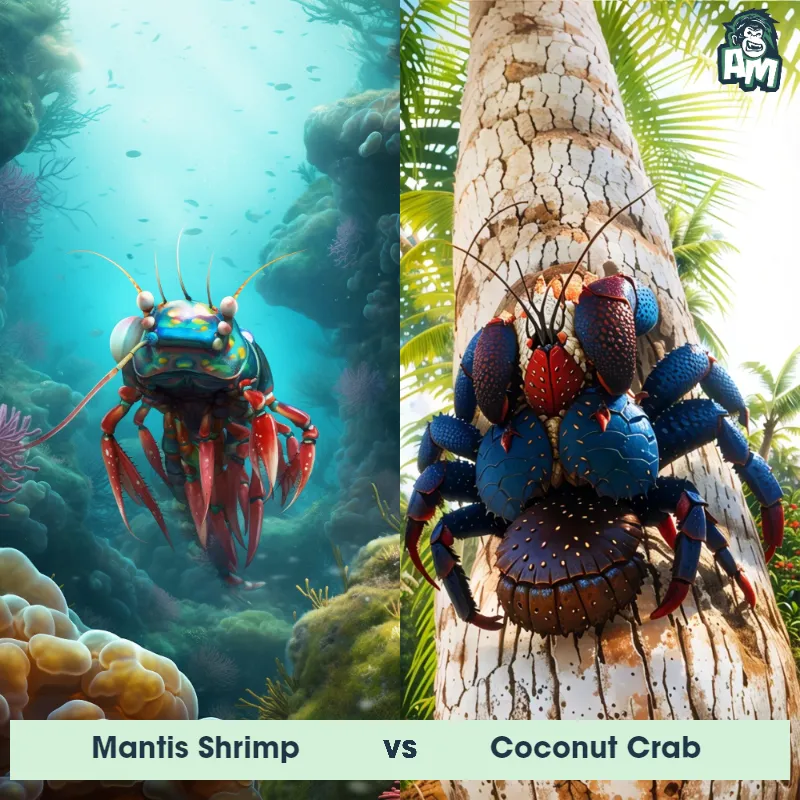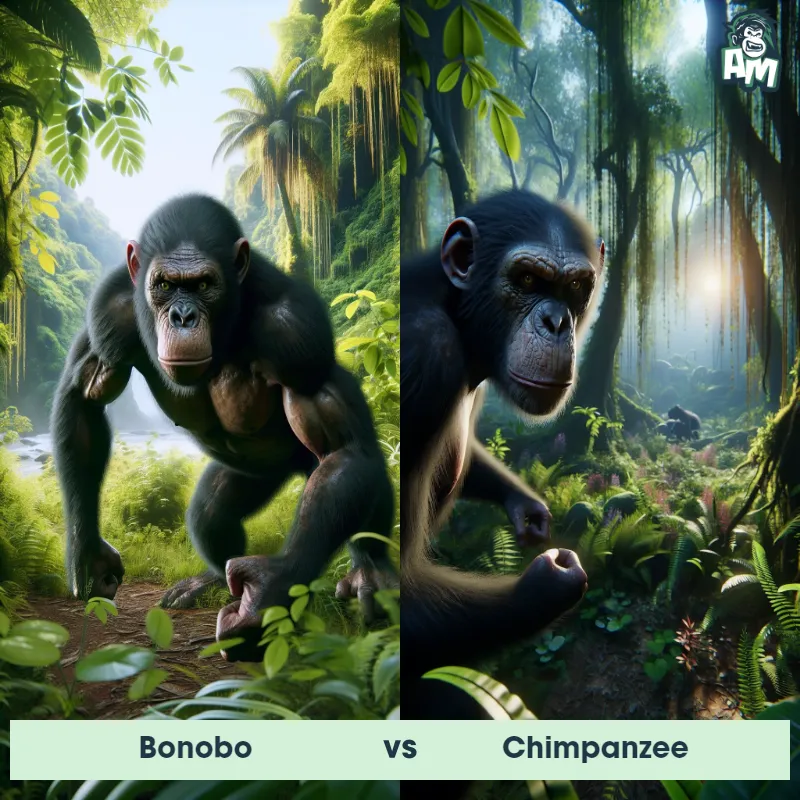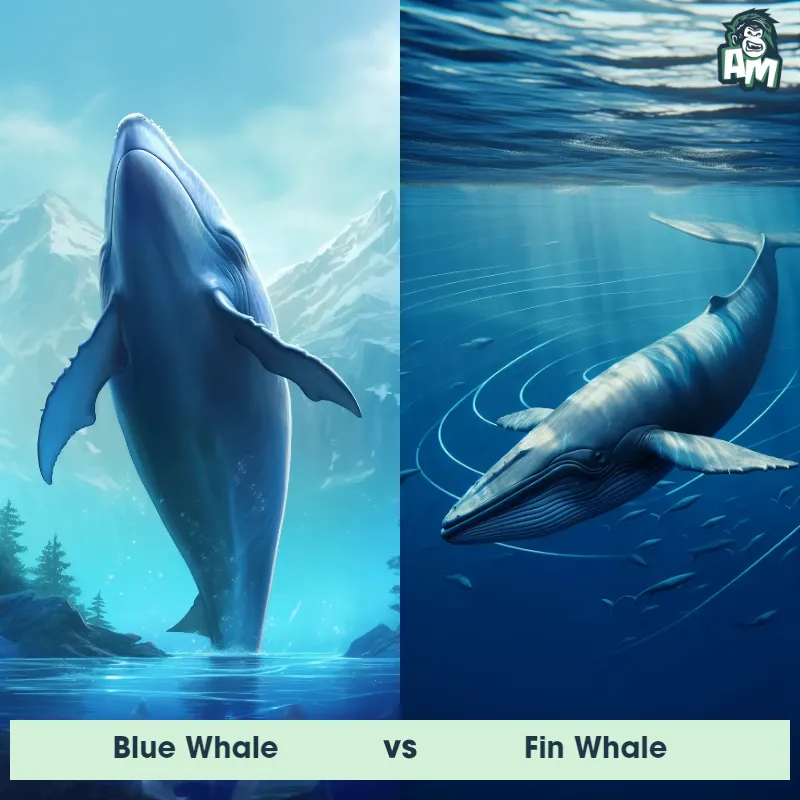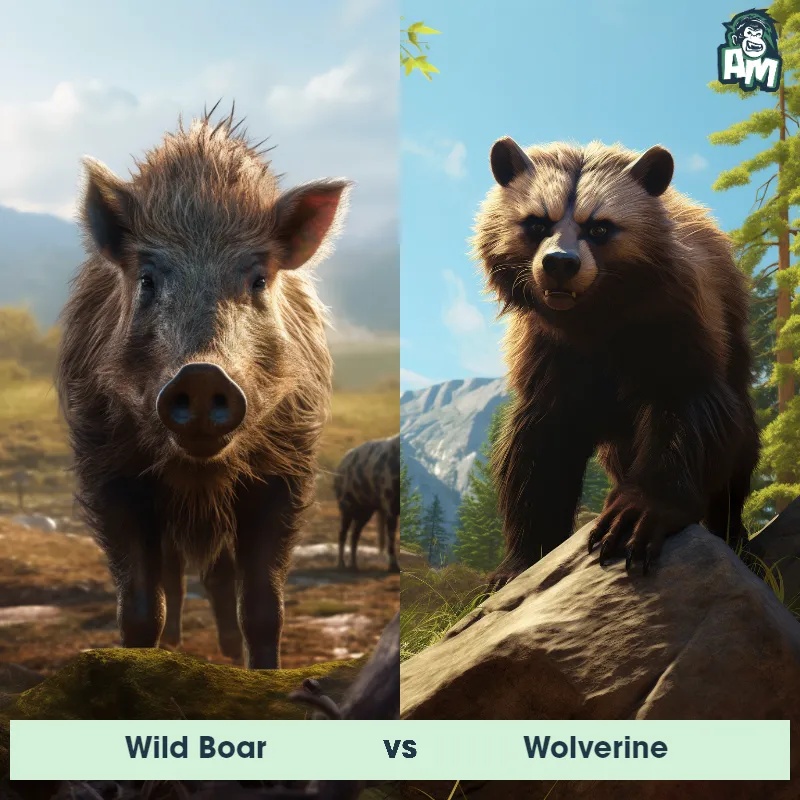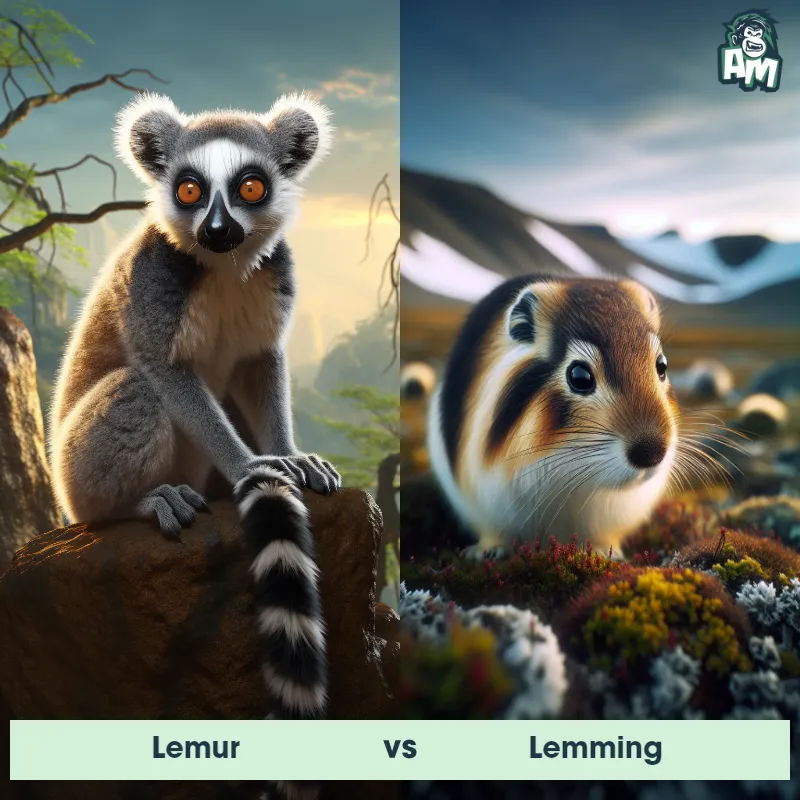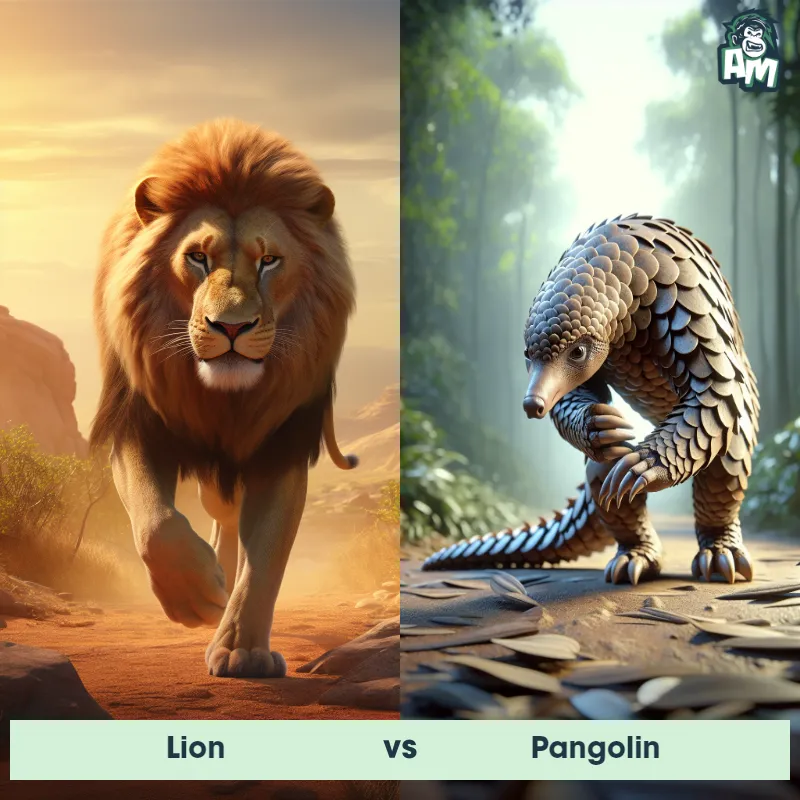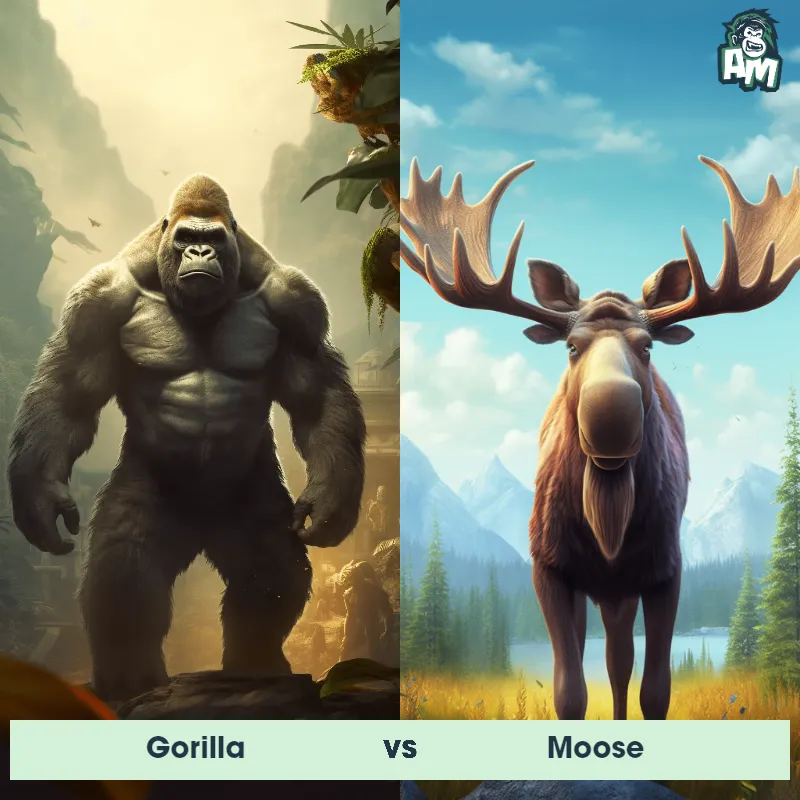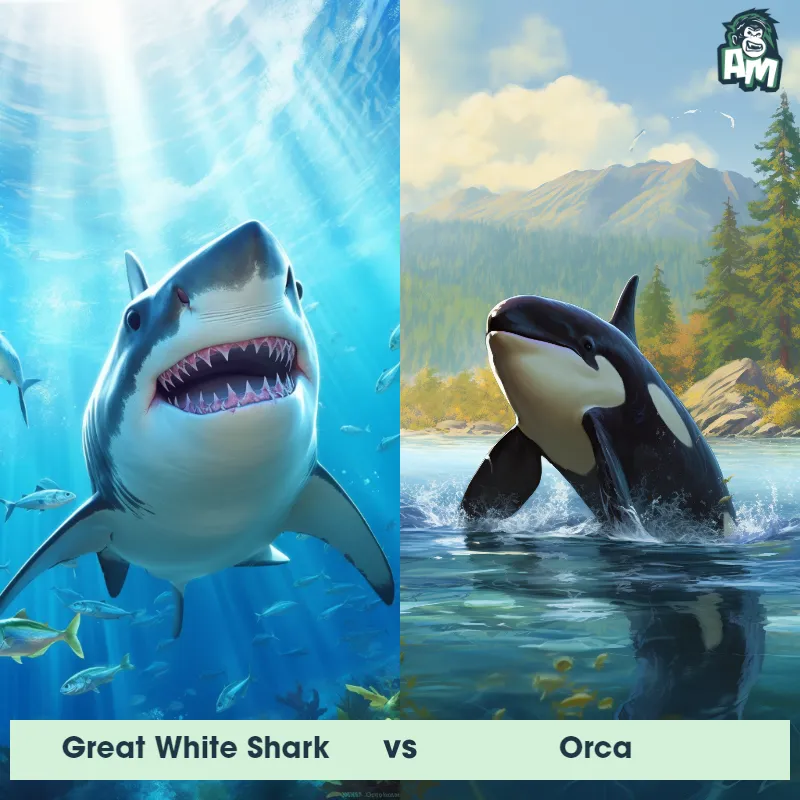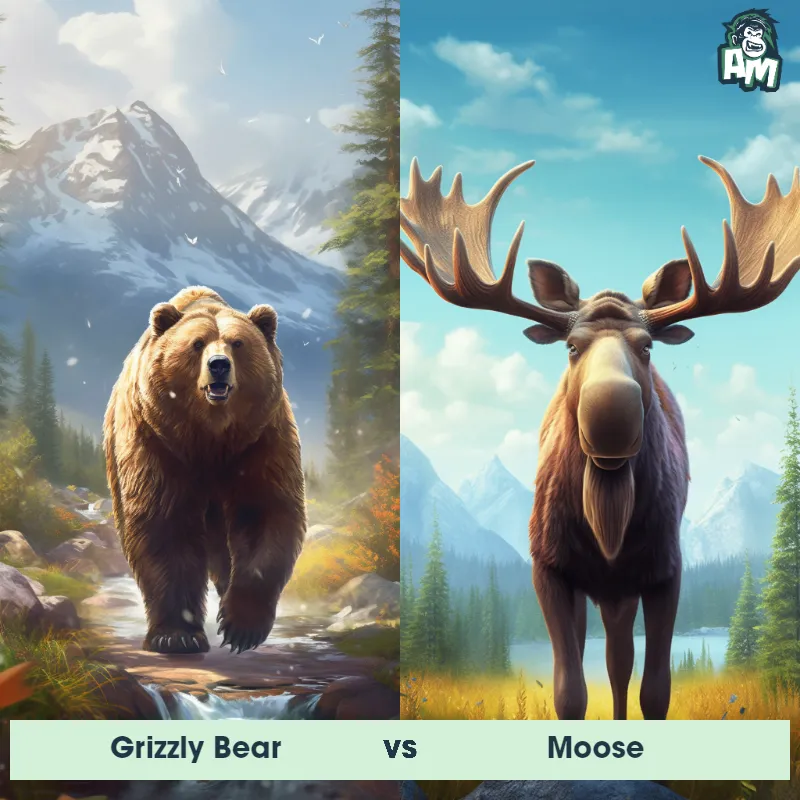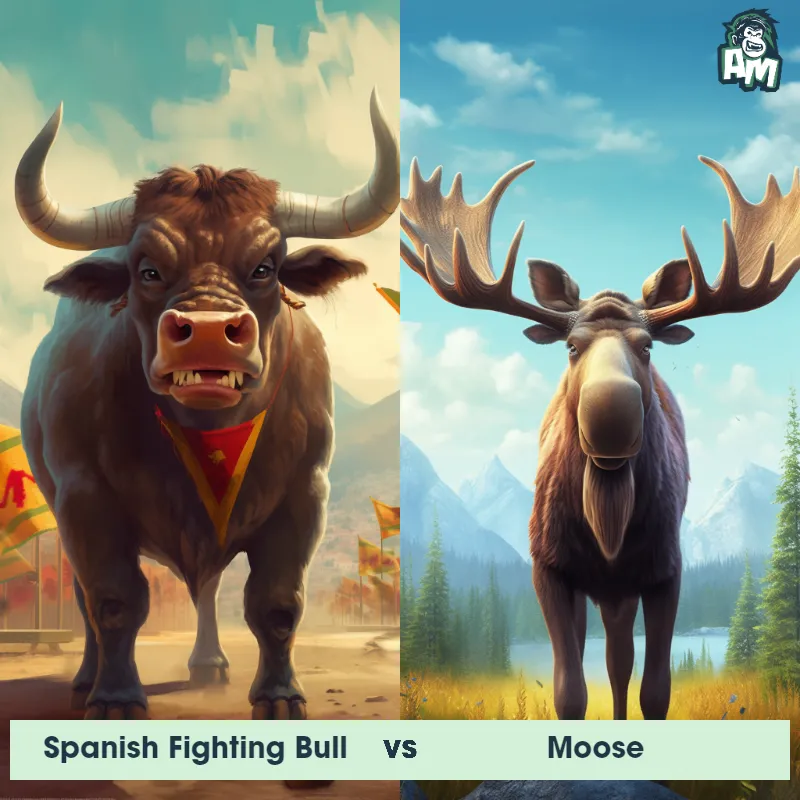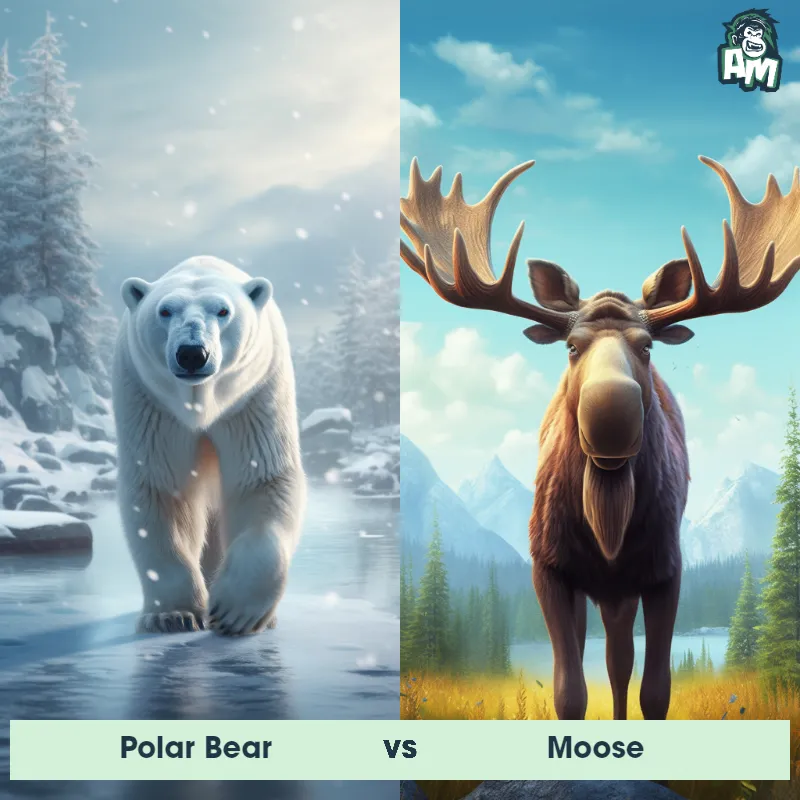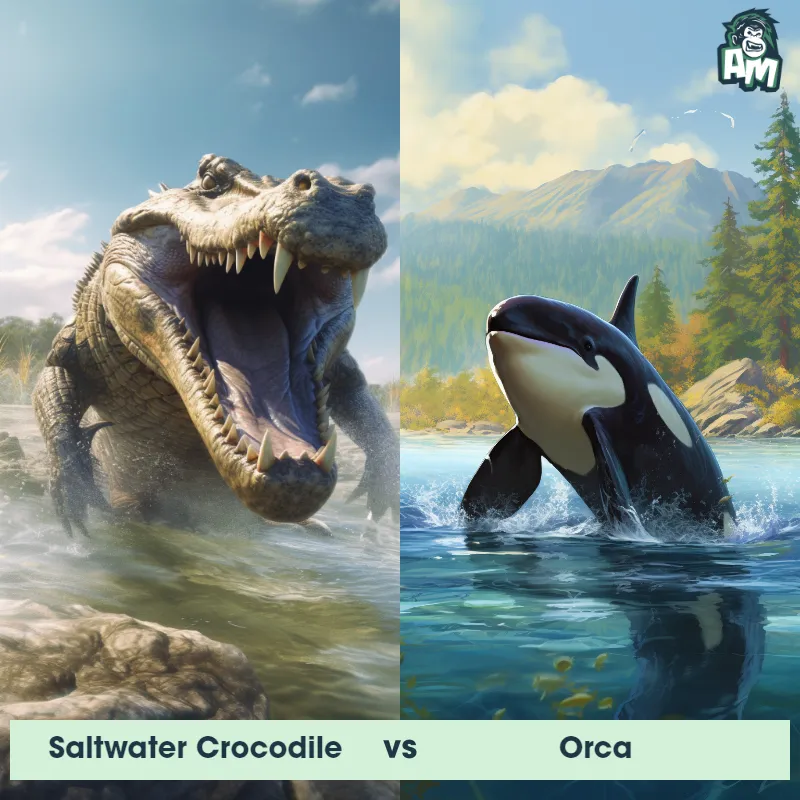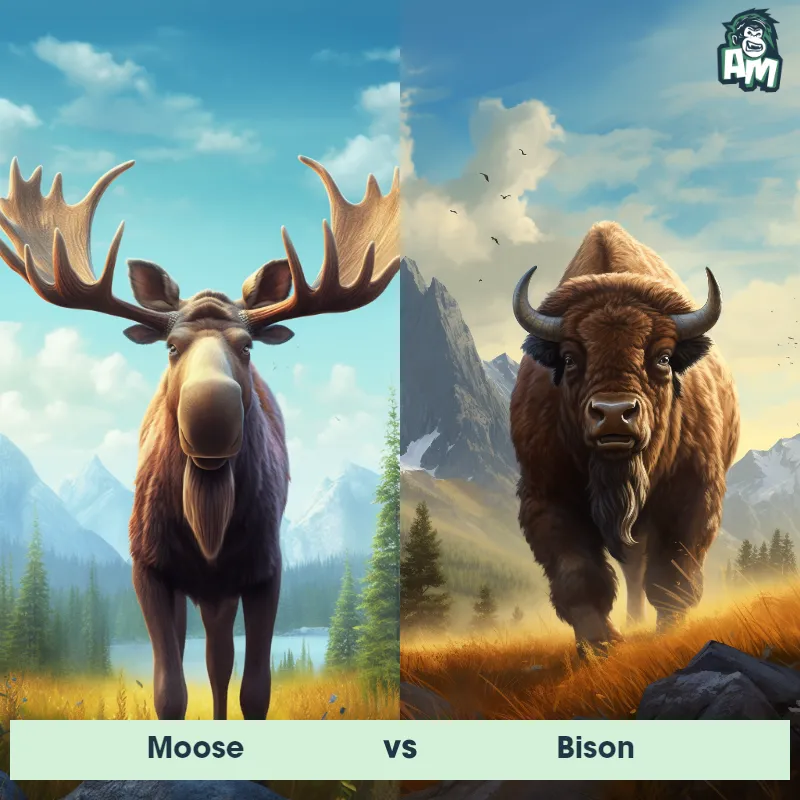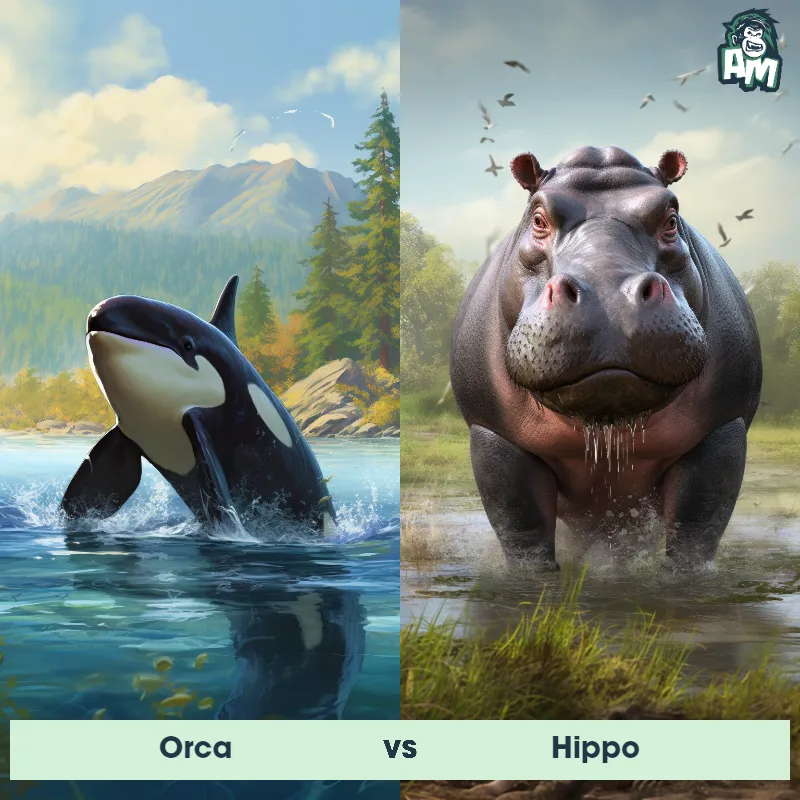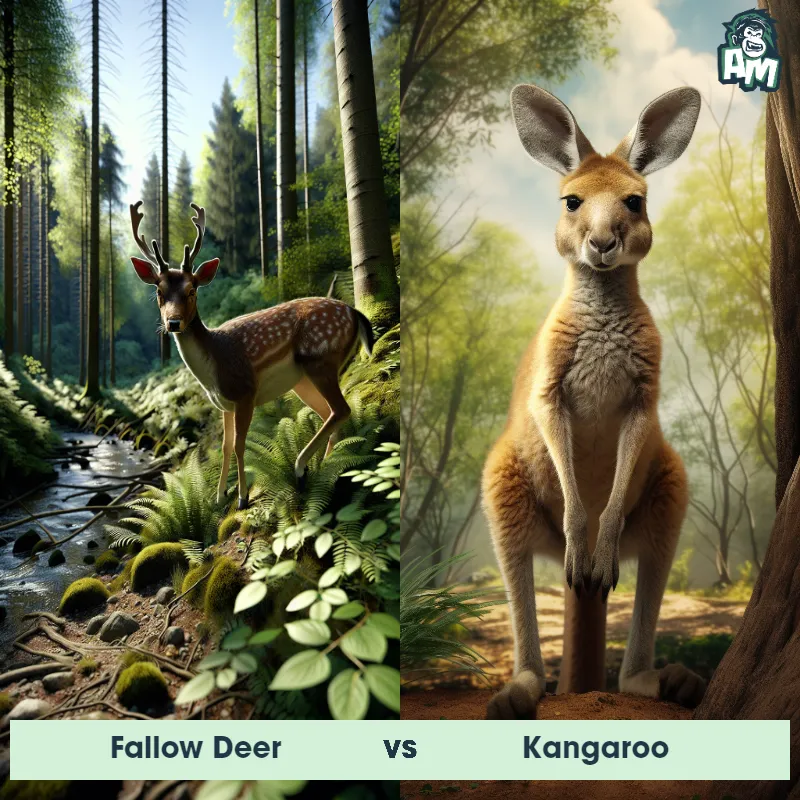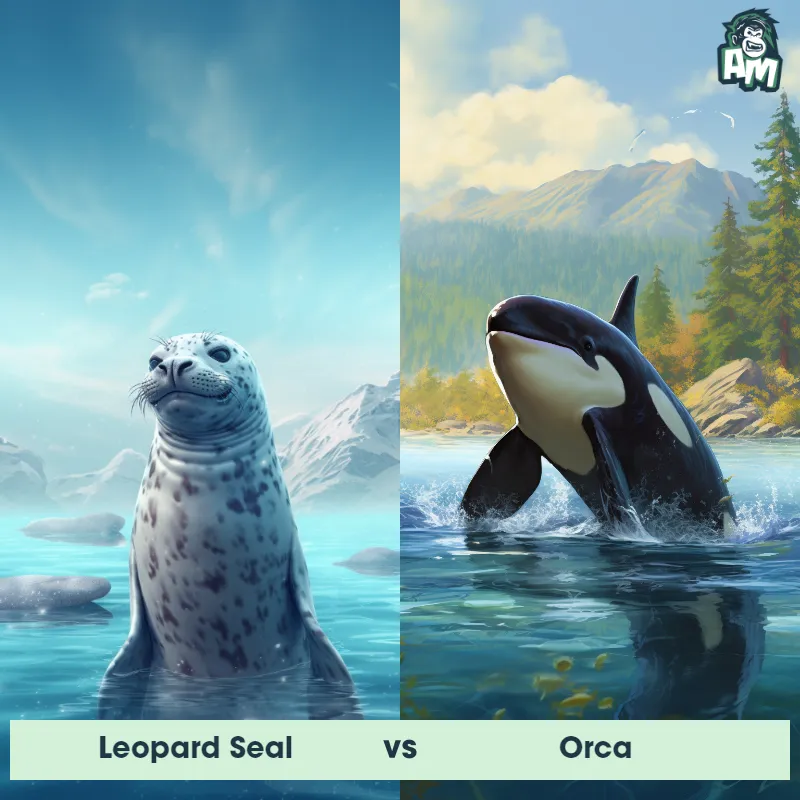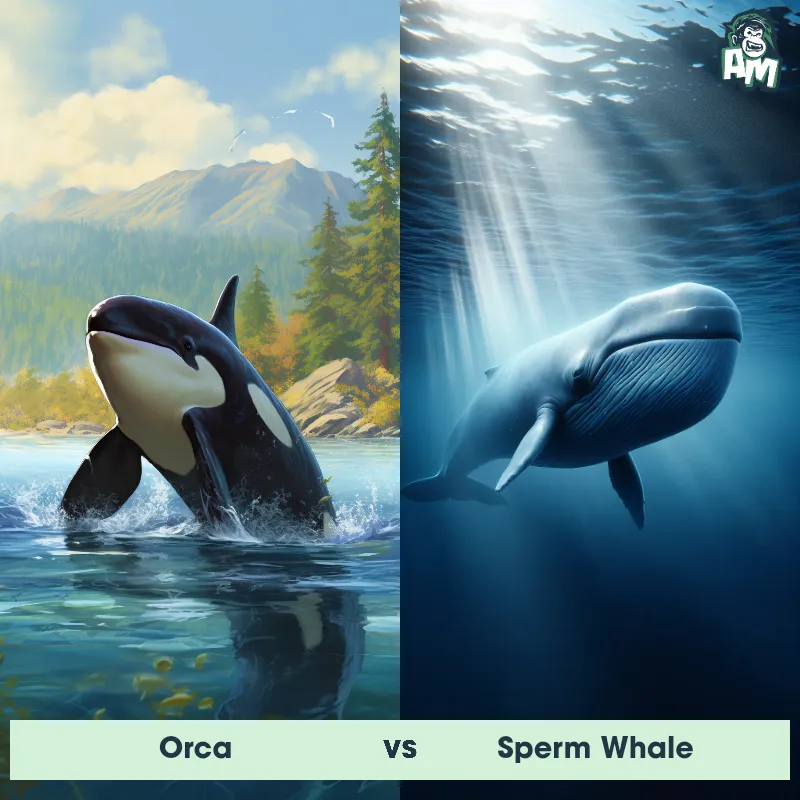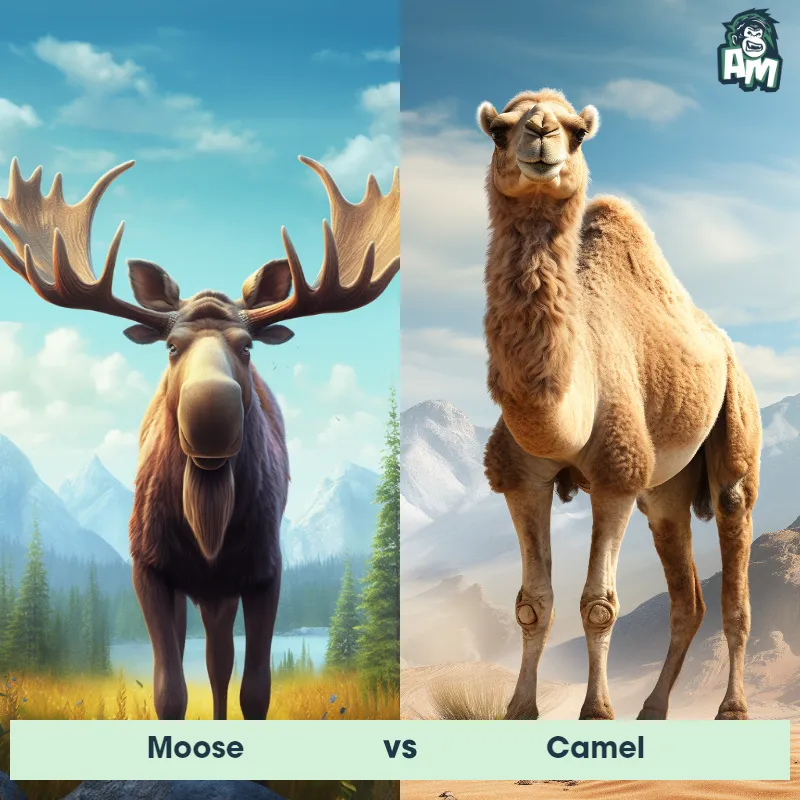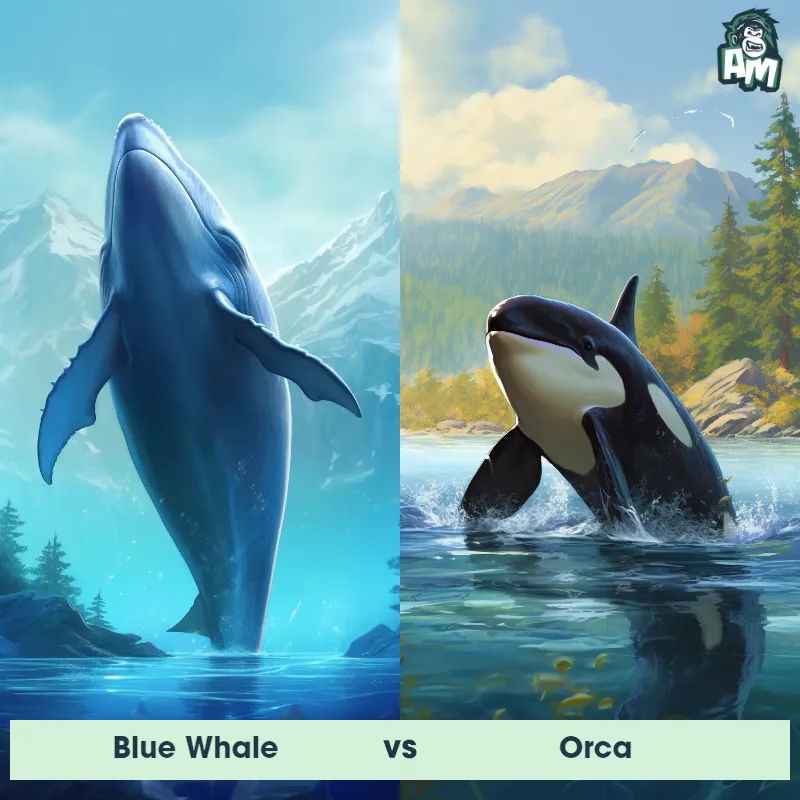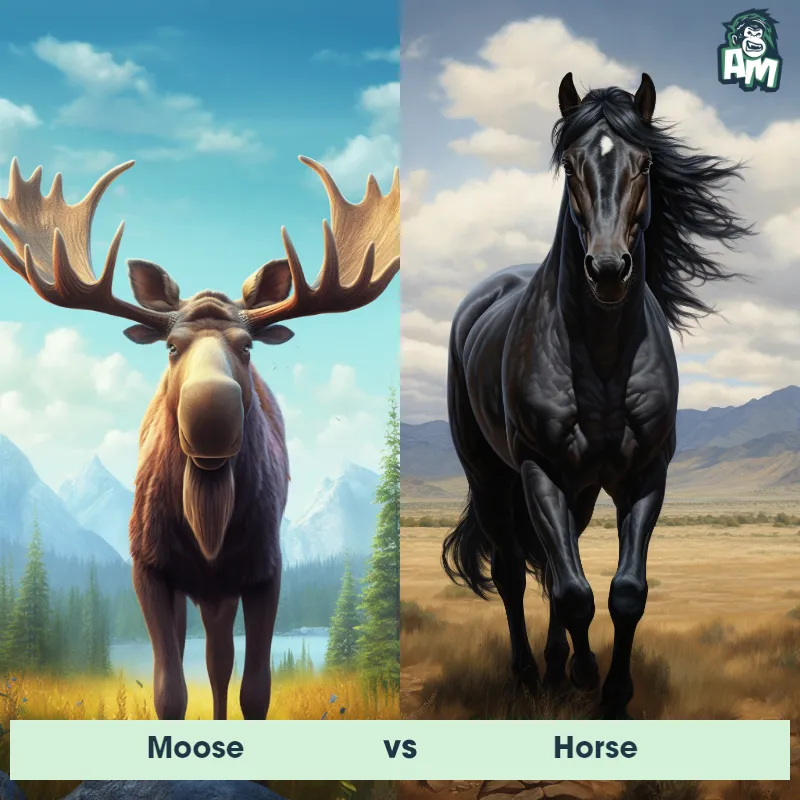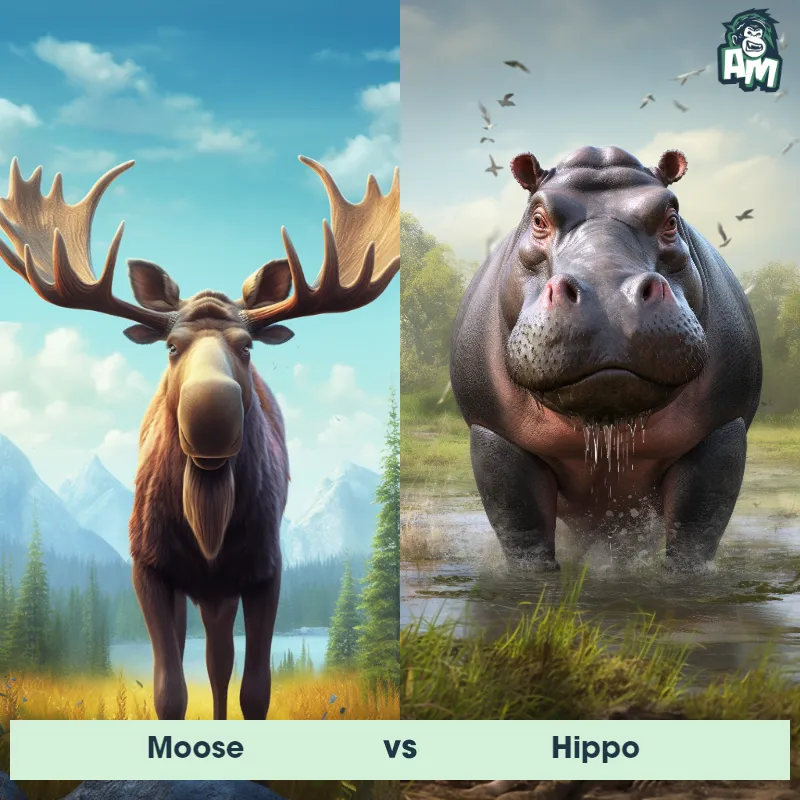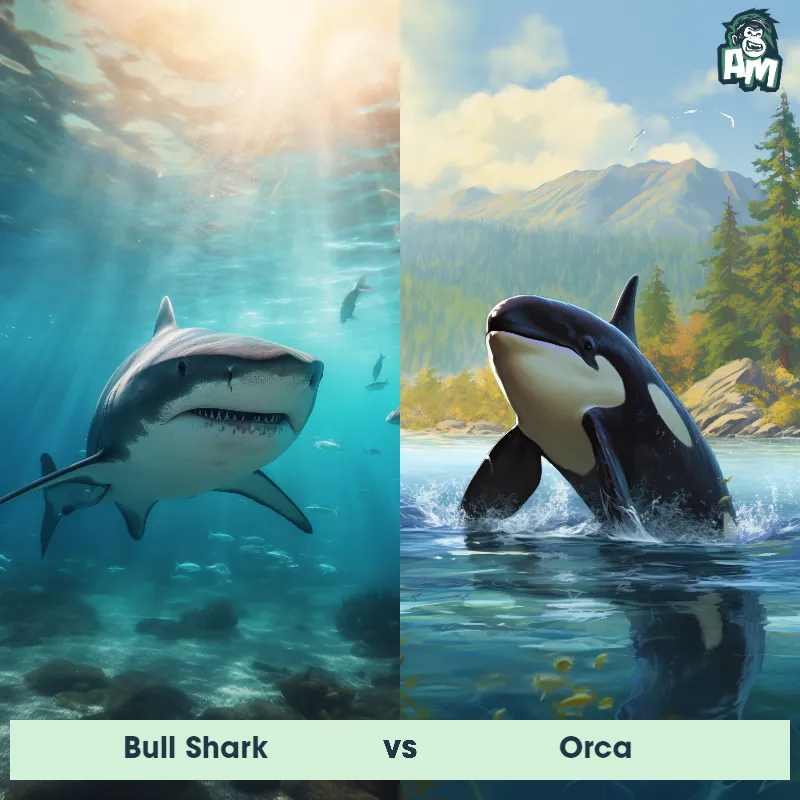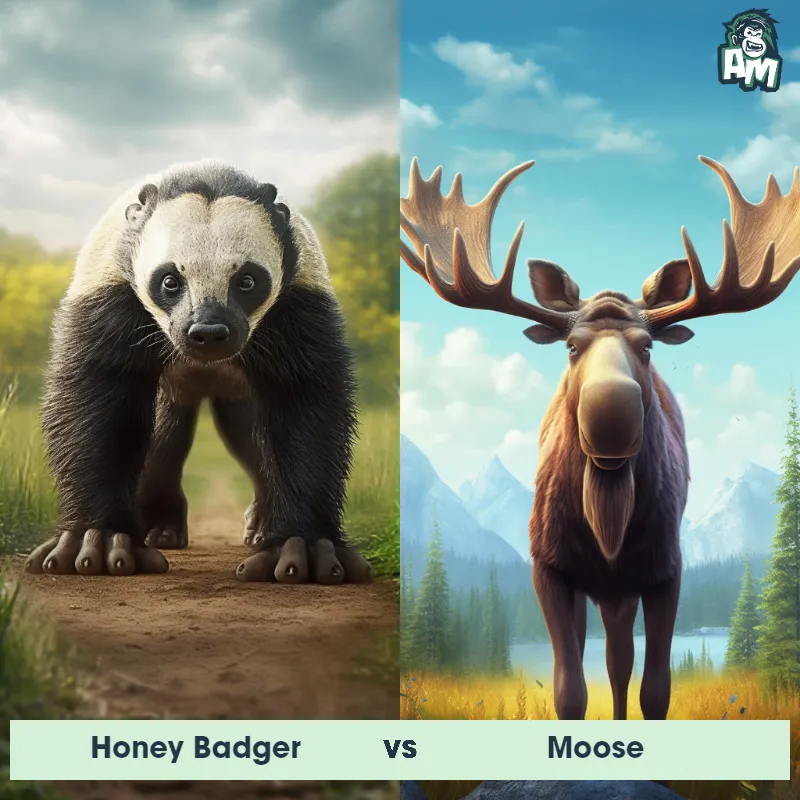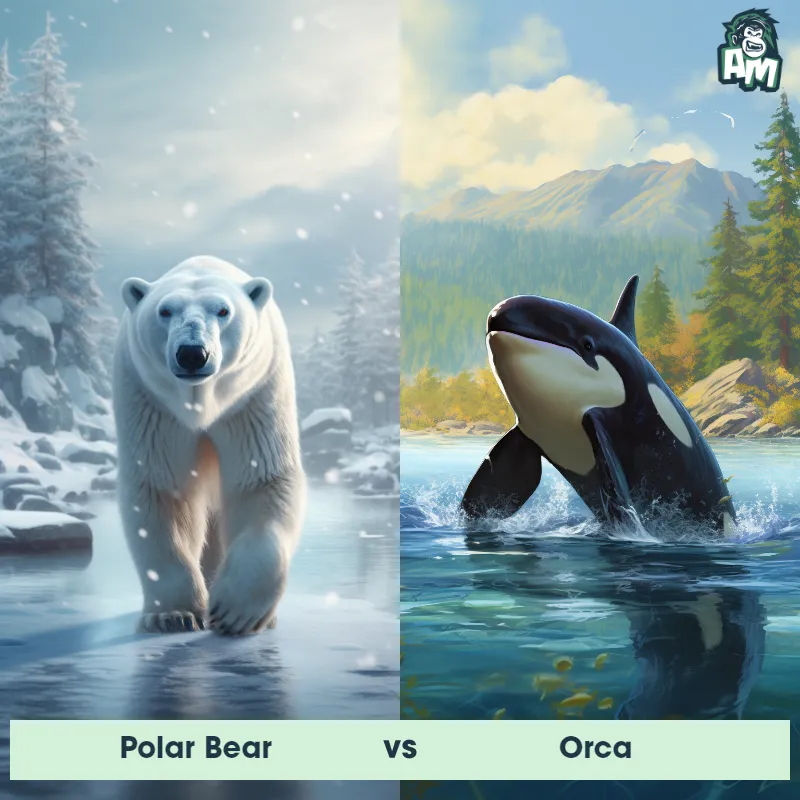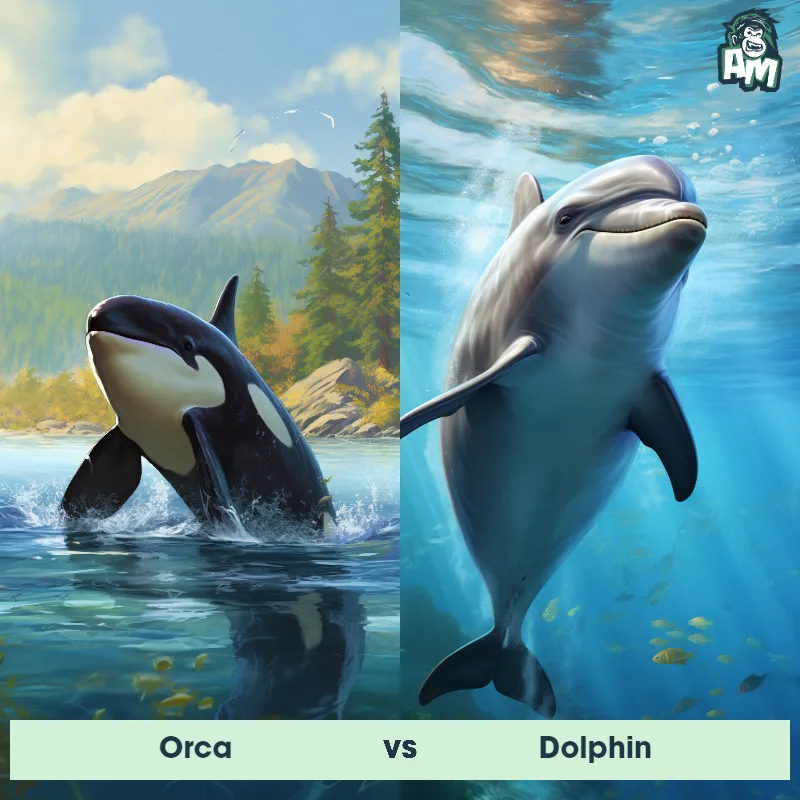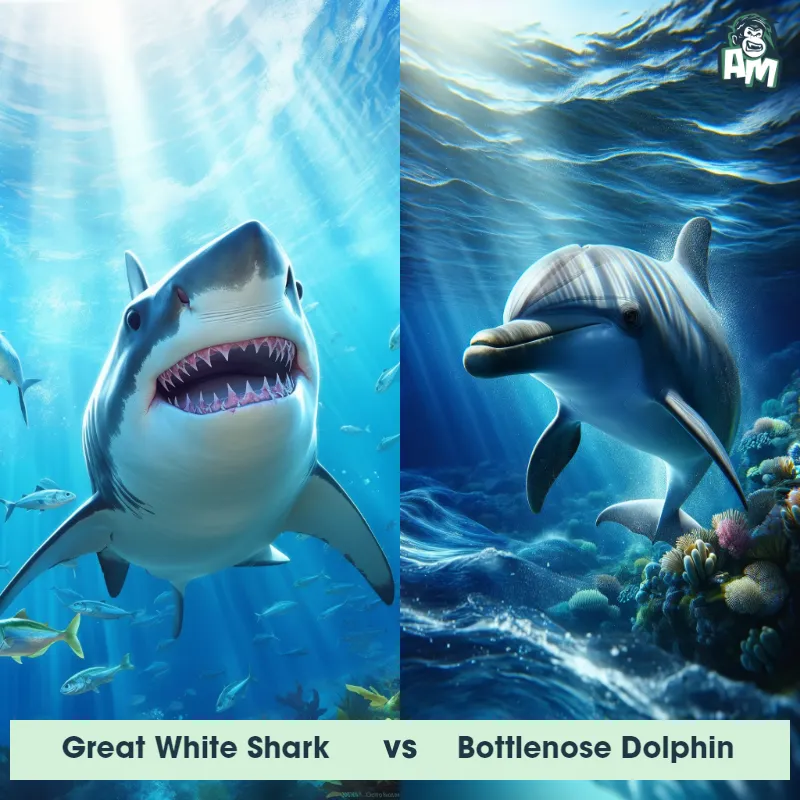Moose vs OrcaSee Who Wins

Ladies and gentlemen, welcome to this thrilling showdown between two magnificent creatures of the wild! In one corner, weighing in at a staggering 1,500 pounds, we have the mighty moose. And in the opposing corner, stretching up to a length of over 30 feet, we have the fierce and formidable orca. It's a clash of land versus sea, power versus agility. Get ready for an epic battle between these incredible animals!
Contender 1: Moose
The Moose, also known as the Alces alces, is the largest member of the deer family. They are known for their massive size, with males weighing up to 1500 pounds and standing over 6 feet tall at the shoulder. Moose have long, slender legs and a humped back, with a distinctive flap of skin called a bell hanging from their throat. They are typically brown in color, with a darker mane and legs, and their antlers can span up to 6 feet across.
Fun Fact: Moose are excellent swimmers and can swim up to 6 miles per hour, using their powerful legs and large hooves to paddle through the water.
Contender 2: Orca
The Orca, or killer whale, is a toothed whale belonging to the oceanic dolphin family. Known for their distinctive black-and-white coloration, orcas are among the most powerful predators on Earth. Adult males can grow up to 26 feet long and weigh up to six tons. They have a large dorsal fin, which in males can reach up to 6 feet in height. Orcas are found in oceans all over the world but are most common in the Arctic and the Antarctic. Their diet is diverse, including fish, seals, and even other whales.
Fun Fact: Orcas have a complex social structure, living in tight-knit family groups known as pods, and they are known to exhibit behaviors such as teaching, learning, cooperation, and grieving.
Matchup Stats
| Moose | Orca | |
|---|---|---|
| Size | Up to 6 feet (1.8 meters) at the shoulder | Up to 26 feet long (7.9 meters) |
| Weight | Up to 1500 pounds (680 kilograms) | Up to 6 tons (5,443 kilograms) |
| Speed | Speed: 35 mph (56.3 km/hr) | 35mph (56km/h) |
| Key Strength | Powerful antlers used for fighting and display | Powerful predator with strong jaws and sharp teeth |
| Biggest Weakness | Poor eyesight and slow movement | Limited mobility on land |
Current Votes
Moose vs Orca
See Who Wins
View More Matches
Looking For More?
Similar Matches
Scientific Stats
| Moose | Orca | |
|---|---|---|
| Scientific Name | Alces alces | Orcinus orca |
| Family | Cervidae | Delphinidae |
| Habitat | Forests, wetlands, and tundra | Oceans worldwide |
| Geography | North America, Europe, and Asia | Global, most common in Arctic and Antarctic |
| Diet | Herbivorous, primarily consuming leaves, bark, and twigs | Fish, seals, and other whales |
| Lifespan | 15 years - 20 years | 50 years - 80 years |
Key Differences between Moose and Orca
- Size: The Moose is the largest species of deer, reaching heights of up to 6.9 feet at the shoulder and weighing up to 1,800 pounds, whereas the Orca, also known as the Killer Whale, is one of the largest marine mammals, growing up to 30 feet long and weighing as much as 10 tons.
- locomotion: Moose are adept at both swimming and running, using their long legs to wade through water and run at speeds up to 35 mph. Orcas, on the other hand, are highly skilled swimmers capable of reaching speeds up to 34 mph, using their powerful tails to propel themselves through the water.
- Habitat: Moose inhabit forested areas primarily in the Northern Hemisphere, while Orcas are found in oceans around the world, preferring coastal areas and colder waters.
- Appearance: Moose have long legs and a hump on their shoulders, with short tails and antlers on males. In contrast, Orcas have streamlined bodies, a distinct dorsal fin, and a black and white color pattern.
- Diet: Moose are herbivores, feeding mainly on leaves, twigs, and plants, while Orcas are apex predators and primarily feed on fish, seals, and other marine mammals.
- Lifespan: Moose typically live between 15 and 25 years in the wild, with some individuals reaching 20-25 years. Orcas have a longer lifespan, with females living up to 50-80 years and males typically reaching 30-50 years.



